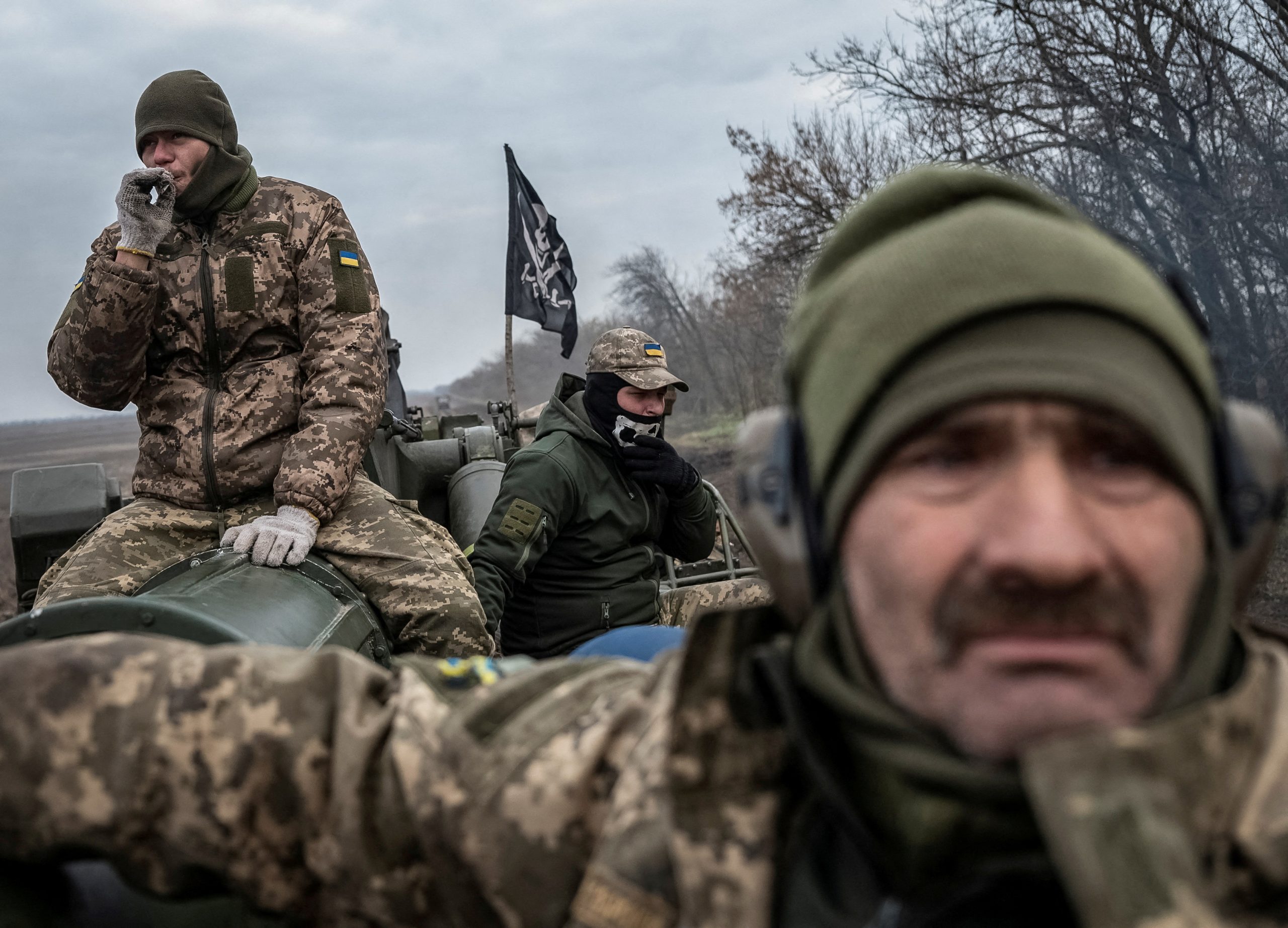Edward Lucas

Most of his new book “Overreach” is an insightful account of Russia’s war in Ukraine. Unlike some other accounts, Matthews’s research includes in-depth reporting from inside the Russian power structures. He ably depicts the Kremlin’s paranoid, nihilist worldview, the suffering it has unleashed, and the still bleaker prospects that await us.
But half-buried in the book is a scoop, now gaining increasing attention, about a backstairs US-China deal not to “escalate” the conflict. The US administration apparently blocked Poland’s attempt to send elderly MiG-29 warplanes to Ukraine. In return, China agreed not to supply Russia with the equipment it desperately needed. It has also, apparently, sternly warned the Kremlin against nuclear escalation.
This fits the facts. The American flip-flop over the MiGs was mystifying. Chinese displeasure at the Kremlin’s recklessness is palpable, belieing the supposed “no limits” Sino-Russian partnership. Vladimir Putin’s war machine has struggled to find the chips, drones, trucks, and shells it needs. China could have supplied them in profusion.
But other factors are in play too. As Matthews notes, China matters far more to Russia than vice versa. Chinese trade with the European Union and United States is $1.5 trillion annually; with Russia it is just one-fifteenth of that. By far the biggest factor weighing on Chinese calculations was the need to prevent even greater strain on its economic ties with the West — and particularly to avoid sanctions. The CCP leadership prizes stability. A breach in the nuclear taboo, or a collapse in the credibility of the US nuclear deterrent shield, could prompt a free-for-all in which countries such as Japan go nuclear. That would not, put mildly, suit China.
It certainly suits the CCP to be seen as a responsible actor in global security: in the words of Matthews’s source, positioning itself as “our last hope for peace in this world”. Such a posture contrasts sharply with its saber-rattling over Taiwan, its fortification of the South China Sea’s rocks and reefs, and its thin-skinned response to outside criticism.
Some aspects of this are welcome. No matter the motives, it is better to constrain Putin than to incite him to more violence. But the real story is not of China’s guile or clout. It is about the United States nervously making a deal with a hostile superpower over the heads of its European friends. This has involved stopping one ally, Poland, from providing military aid that might have saved Ukrainians from death and destruction. That is part of a bigger story: nine months into the war, it is quite clear that Western efforts are agonizingly slow and stingy; the price has been paid in Ukrainian blood and tears.
The long-term result is to make China, for the first time, look like a contributor to European security rather than a threat to it. The message, put crudely, is that if you want to stop the Ukraine war from boiling over, be nice to Beijing. Having been given this American-made leverage, the CCP will assuredly use it.
The West’s China policy should focus on unity, not concessions. This misbegotten exercise in Realpolitik leaves us no safer. The US, for all its military might, prioritized avoiding escalation in a conflict rather than values or victory. That is excellent news for autocrats, less so for allies.
No comments:
Post a Comment